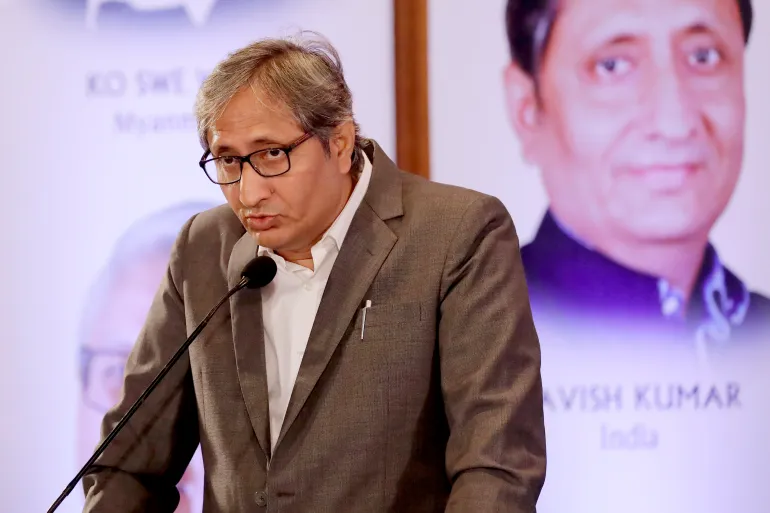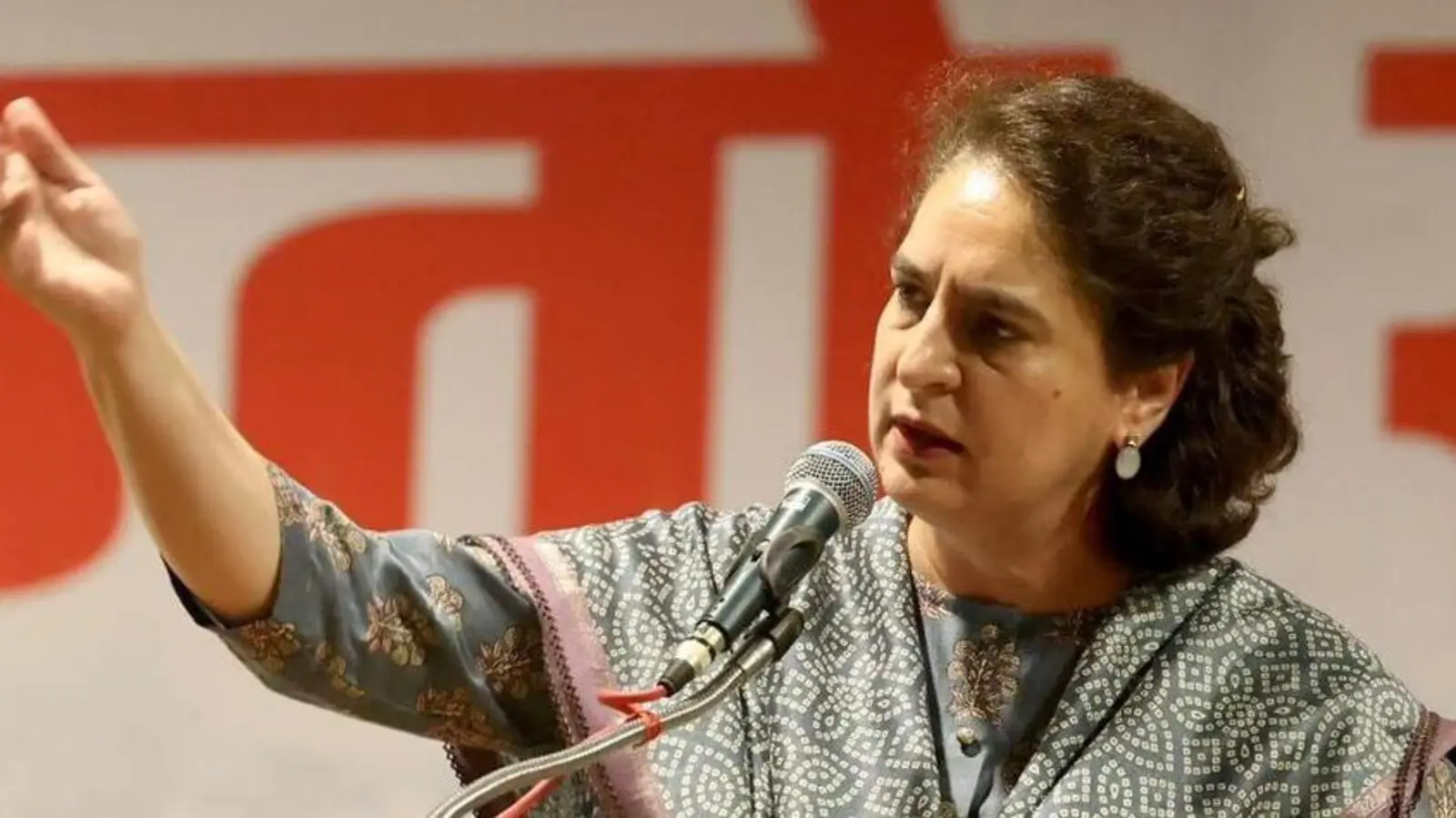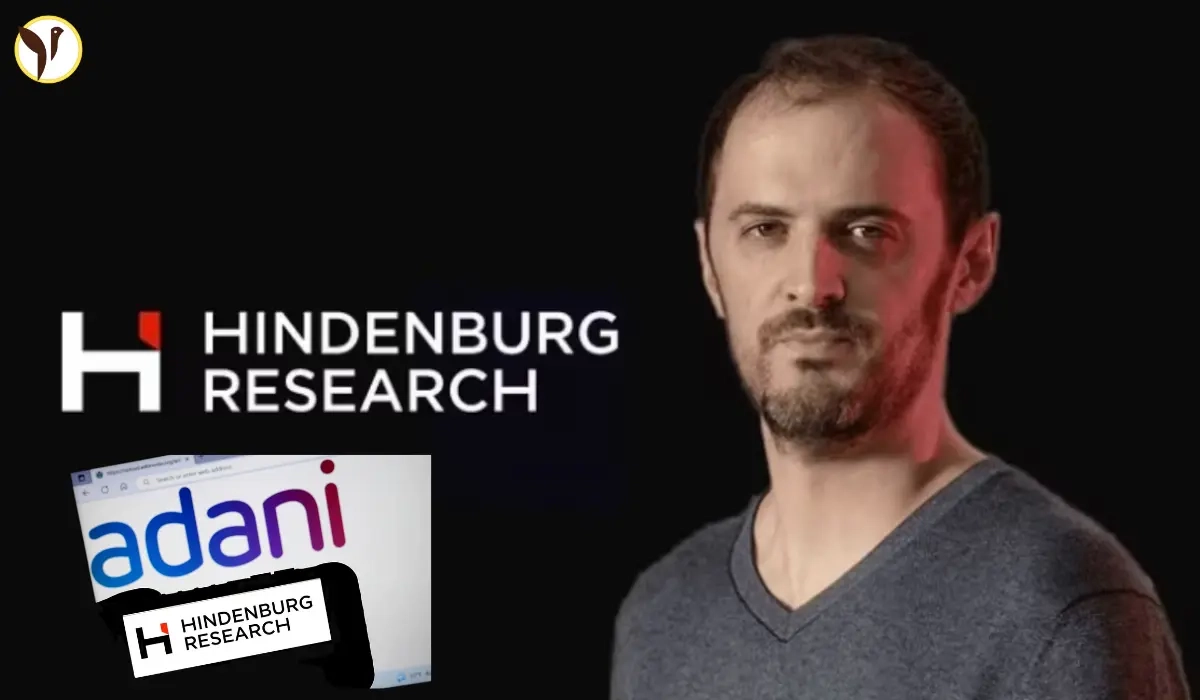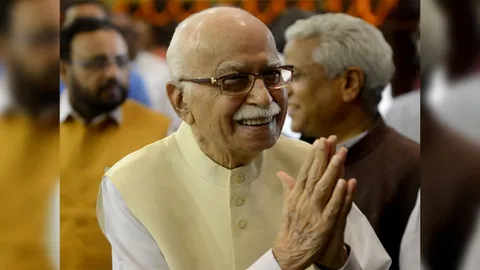On June 9, journalist Ravish Kumar took the stage in Los Angeles to accept the Peabody Award for Vinay Shukla’s documentary “While We Watched.” The documentary chronicles Kumar’s tumultuous two-year journey as he faces violent personal threats, declining network ratings at NDTV, staffing losses, loss of funding, and profound ethical dilemmas. The Peabody Awards, which honor the most compelling and empowering stories in broadcasting and streaming media, recognized the film as a “powerful defence of independent journalism” and a “poignant portrait of everyday courage in the face of radicalized politics and publics.”
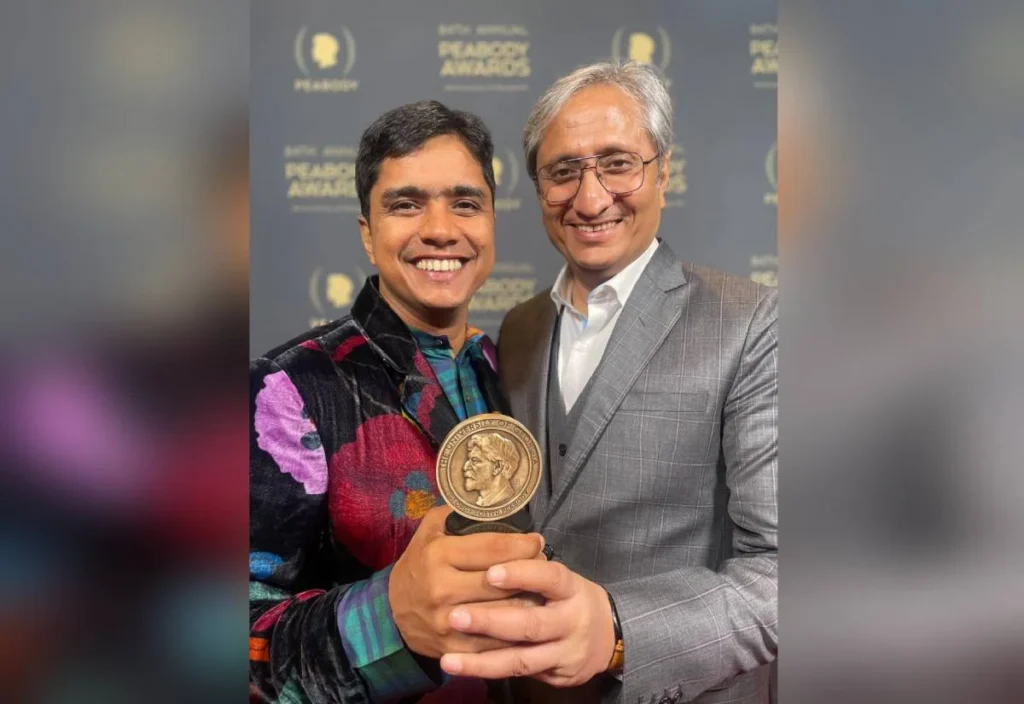
Ravish Kumar’s acceptance speech was notable for its poignant critique of the current state of Indian mainstream media. He began with a touch of humor, saying, “I left my English pocket dictionary in the car, so I really have very few words to say,” which elicited some laughter from the audience. However, his tone quickly shifted as he delivered a scathing assessment of the media landscape in India. “When a journalist becomes a spreader of hate and lies, an instigator of mob lynching, a cheerleader for the government, they become an instrument to kill democracy. When hundreds of news channels repeat the same, they become a weapon to kill humanity. Most of Indian mainstream media is a disgrace to democracy and humanity.”
Ravish Kumar’s words highlight the growing concerns about the role of media in contemporary society, especially in democracies where the press is often seen as the fourth pillar. His speech resonated with many who are alarmed by the increasing tendency of media outlets to pander to government agendas and sensationalism at the cost of journalistic integrity and truth. Kumar’s critique is not just about the erosion of journalistic standards but also about the broader implications for democracy and social harmony.
The Peabody Awards’ recognition of “While We Watched” underscores the importance of independent journalism and the courage required to uphold it. The documentary itself offers an intimate look at the challenges faced by journalists like Kumar who strive to maintain their integrity in an increasingly hostile environment. It is a stark reminder of the personal and professional risks that come with the territory of independent reporting. The film’s citation as a “poignant portrait of everyday courage” emphasizes the human element of this struggle, showcasing Ravish Kumar’s resilience and commitment to his profession despite the odds.
In his speech, Ravish Kumar also paid tribute to his family and supporters, acknowledging their role in his journey. “I would like to remember my wife Nayana, my brave daughters Tanima and Tanisha, who suffered a lot, and my millions of viewers who felt hopeless, helpless, and stateless because of this criminal Indian mainstream media. They came in search of hope. They supported me. They gave me hope to do journalism. Whenever you get the chance, please support journalism. You will get a good democracy. Thank you.” This heartfelt acknowledgment underscores the personal sacrifices made by journalists and their families and highlights the support from the public as a crucial element in sustaining independent journalism.
Ravish Kumar’s critique of the media and his call for support for independent journalism come at a time when the press globally is facing unprecedented challenges. From economic pressures and technological disruptions to political interference and threats to journalists’ safety, the landscape of journalism is fraught with obstacles. Kumar’s speech serves as a clarion call to defend the principles of free and fair journalism, which are essential for the health of any democracy.
The Peabody Award for “While We Watched” not only honors the documentary but also sends a powerful message about the value of independent journalism. It reinforces the idea that true journalism involves more than just reporting facts; it involves a commitment to truth, accountability, and the public good. Ravish Kumar’s speech, with its clear-eyed critique and heartfelt plea, underscores the urgent need to support and protect independent journalism in these challenging times.
In conclusion, Ravish Kumar’s acceptance speech at the Peabody Awards was a significant moment that highlighted the critical issues facing journalism today. His powerful words serve as a reminder of the essential role of the press in a democracy and the need for courage and integrity in the face of adversity. As we celebrate the achievements of journalists like Kumar, it is also a call to action for all of us to support and uphold the principles of independent journalism.
For further insights and comprehensive content, please visit our homepage
